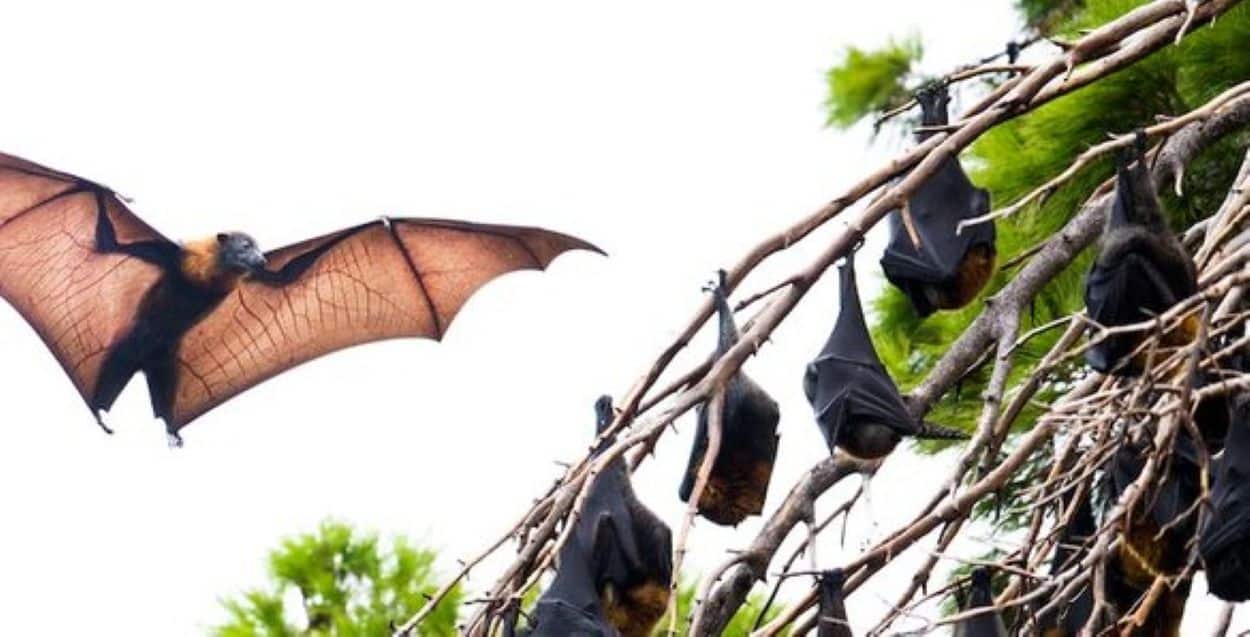On July 3, 2025, health officials in New South Wales (NSW) reported the death of a man in his 50s from Australian bat lyssavirus (ABLV), a rare rabies-like infection transmitted by a bat bite. This marks only the fourth human case since 1996, all fatal.
The man, bitten months earlier by a bat in northern NSW, succumbed to ABLV, which NSW Health called “extremely rare.” Despite post-bite treatment, he deteriorated rapidly, experiencing flu-like symptoms, paralysis, delirium, and convulsions, leading to death. NSW Health, expressing condolences, is investigating potential additional exposures. The bat species involved remains unidentified, with ABLV found in flying foxes and microbats across Australia, per CSIRO data.
#ALERT: A NSW man is fighting for life months after being bitten by a bat, with the state's first confirmed case of Australian bat lyssavirus sparking a health warning from authorities.
#9News
READ MORE: https://t.co/WTOi8TvF6V pic.twitter.com/atLXsKXDXO
— 9News Sydney (@9NewsSyd) July 3, 2025Identified in 1996 by CSIRO, ABLV, which is closely related to rabies, is transmitted through bites or scratches from bats. Symptoms, appearing days to years later, include fever, headache, and rapid neurological decline. All three prior human cases in 1996, 1998, and 2013 ended in death, per CSIRO. James Gilkerson, an infectious disease expert at the University of Melbourne, noted, “ABLV will cause death if untreated,” emphasising the need for immediate post-exposure treatment with rabies immunoglobulin and vaccines.
A 50-year-old Australian man has died from an “extremely rare” rabies-like virus months after being bitten by a bat carrying Australian bat lyssavirus, health officials say.#Australia
Read more: https://t.co/zEEF2WpJOA pic.twitter.com/ZQ5co34fAe
— Al Arabiya English (@AlArabiya_Eng) July 3, 2025NSW Health advises avoiding bat contact, as any Australian bat may carry ABLV. Only vaccinated, trained wildlife handlers should interact with bats. If bitten or scratched, individuals must wash the wound for 15 minutes with soap and water, apply an antiviral antiseptic, and seek urgent medical care. With only four human cases in nearly 30 years, the risk is low, but untreated infections are invariably fatal, per NSW Health guidelines.





